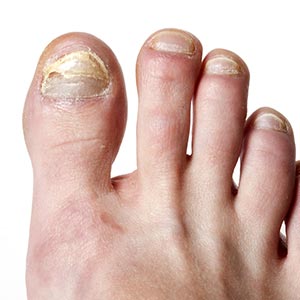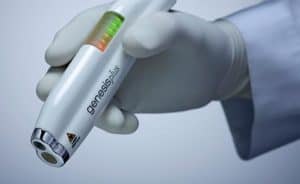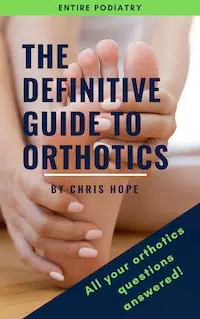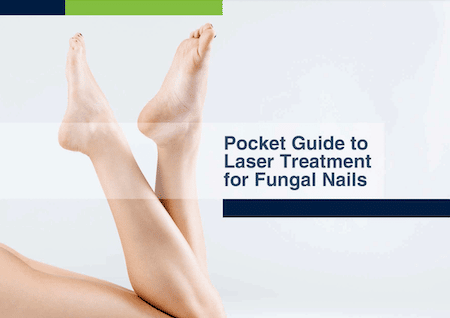 What is
What is fungal nail ?
Fungal nail refers to a fungal infection of the nail, which is more common in the toenails than in the fingernails. The body normally hosts a variety of microorganisms including bacteria and fungi. Some of these are useful to the body, while others can multiply rapidly and form infections.
A
- Discolouration (may turn white, yellow or brown)
- Loss of luster and shine
- Thickening or roughness of the nail
- Distortion of nail shape
- Brittleness or crumbling of the nail
- Debris becoming trapped under the nail
- Loosening or separation of the nail from the nail bed
- Pain and tenderness
What causes fungal nail ?
Fungal infections can be picked up by walking barefoot in public areas that are often moist, such as changing rooms, swimming pools and showers. These are ideal environments for a fungus to spread from person to person.
The risk of
Preventing fungal nail
Fungal nail infections are a common ailment that can be easily spread from person to person.
Other factors that could make you more prone to a
Although effective treatment options are available,
- Thoroughly dry your feet after bathing
- Wear moisture-wicking socks and change these regularly if necessary
- Allow moisture to escape from your feet by wearing sandals or dry roomy shoes
- Minimise trauma to the toenails by making sure your shoes are not too tight
- Wear footwear (such as thongs) when walking in public changerooms or showers
- Don’t share socks, shoes, nail clippers or nail files with others
Fungal nail infections can be difficult to treat and prone to recurrence. If you think you may have a
For further advice make an appointment with Entire Podiatry. Contact your nearest clinic directly or Freecall 1800-4-368473 (that’s 1800-4-ENTIRE).
How is fungal nail treated?
Fungal nail can be difficult to treat and prone to recurrence.
If you think you may have a
Depending on your individual situation, conservative treatment will usually involve either an oral medication or a topical solution. There are pros and cons of each treatment option and your podiatrist will discuss these with you in consideration of your needs. When topical solution is used, regular podiatry treatment is needed so that nails can be thinned out and the solution is able to penetrate the site of the fungal infection. Podiatry treatment for
 In addition to traditional treatment options, a new and exciting technology is now available for the treatment of stubborn
In addition to traditional treatment options, a new and exciting technology is now available for the treatment of stubborn
Read More About Laser Treatment
Keryflex for damaged nails
If you have an unsightly toenail from a
Kery Flex is also better for your foot health than acrylic nails. It is not uncommon for a fungal infection to develop beneath an acrylic nail. This happens because air and moisture sits between the nail and the acrylic nail allowing an infection to take hold and thrive. As the KeryFlex nail is non-porous, this does not occur.





